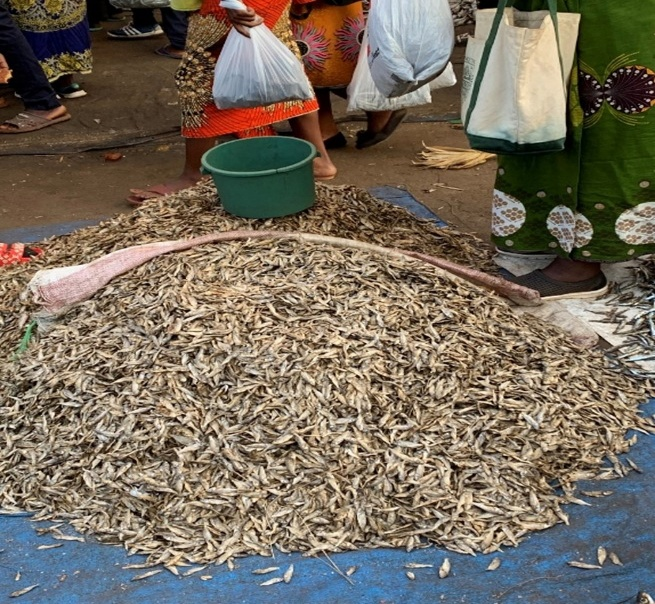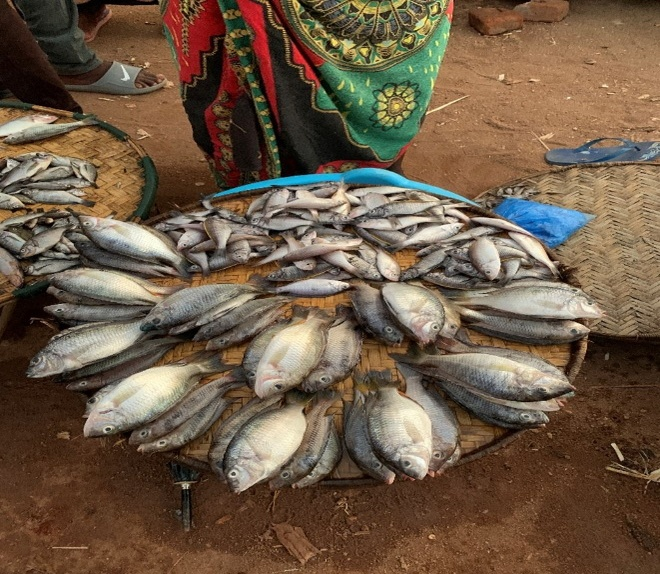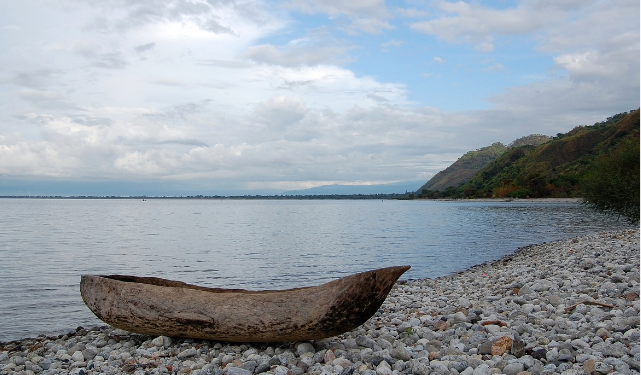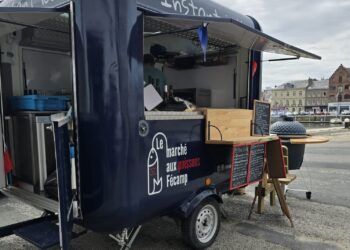The challenges of women in the small-scale fish trade in Malawi – The fisheries sector plays an important role in the economy of Malawi, providing jobs for thousands of people and contributing to food security. There, more than 80 per cent of fishmongers are women.
While fishing activities are primarily dominated by men and they own fishing equipment, it is primarily women who work in the fish trade and processing, but like all developing countries, women face a variety of challenges that prevent them from participating equally in the fisheries sector.
There are a range of influencing factors, including cultural and social barriers, restrictive gender norms, time burdens and unpaid work, barriers to the sustainability of entrepreneurship the result is that women get fewer opportunities and earn less returns than men from Fisheries and aquaculture – including lower incomes – and are left in poverty situations.
Considering that the small-scale fish trade in Malawi is largely informal, the lack of data, especially gender-disaggregated data, prompted the research team, consisting of scientists from Michigan State University (MSU) and Lilongwe University of Agriculture and Natural Resources (LUANAR), to research and collect market survey data from male and female fish traders throughout Malawi and the team also collected qualitative data through separate focus groups with the research team conducted an economic analysis of market data to understand quantitative differences in livelihood outcomes for women and men engaged in the same business activities in the same markets.

The results of economic models show that gender is a key factor affecting revenues in the fish trade and other important motives, including the type of processing, the size and location of the selling market, are also formed by gender.
The team found that although women and men participate in the fish trade in approximately equal numbers in Malawi.
However, women earn less money per unit than men and tend to trade in smaller quantities due to a variety of factors such as limited access to resources, markets, and their household responsibilities, which underscores the need for gender-specific strategies to support the unique challenges women face in the small-scale fish trade. For all genders to thrive in the fish trade, programs, policies, or interventions must provide them with the ability to access the resources necessary to benefit from profitable processing techniques and access profitable markets.

The focus on gender equality instead of equality pushes the narrative beyond equal numbers and towards more complex issues related to power dynamics and gender norms that still limit the benefits that women can achieve once they enter the profession.
The Importance of these challenges is due to more than just social justice reasons and the growing evidence suggests that gender equality will play a key role in the important contributions of these sectors to the achievement of the Sustainable Development Goals on poverty reduction, food and nutrition security. In particular, gender equality in fisheries and aquaculture can bring many potential benefits, including increased fish productivity and household income, as well as positive nutritional outcomes.
Ultimately, social relationships are important in small-scale fisheries value chains. The social relations approach was useful for the study because it helped to understand the social relations within the family and between the actors in the fish value chains.
The challenges of women in the small-scale fish trade in Malawi







